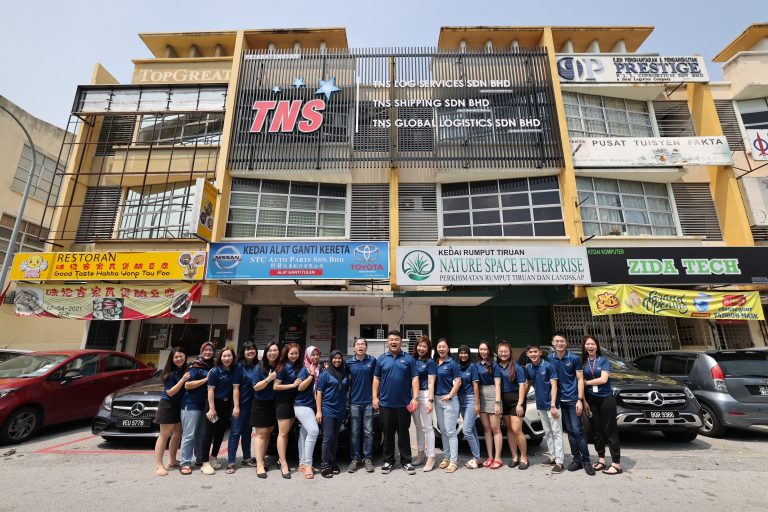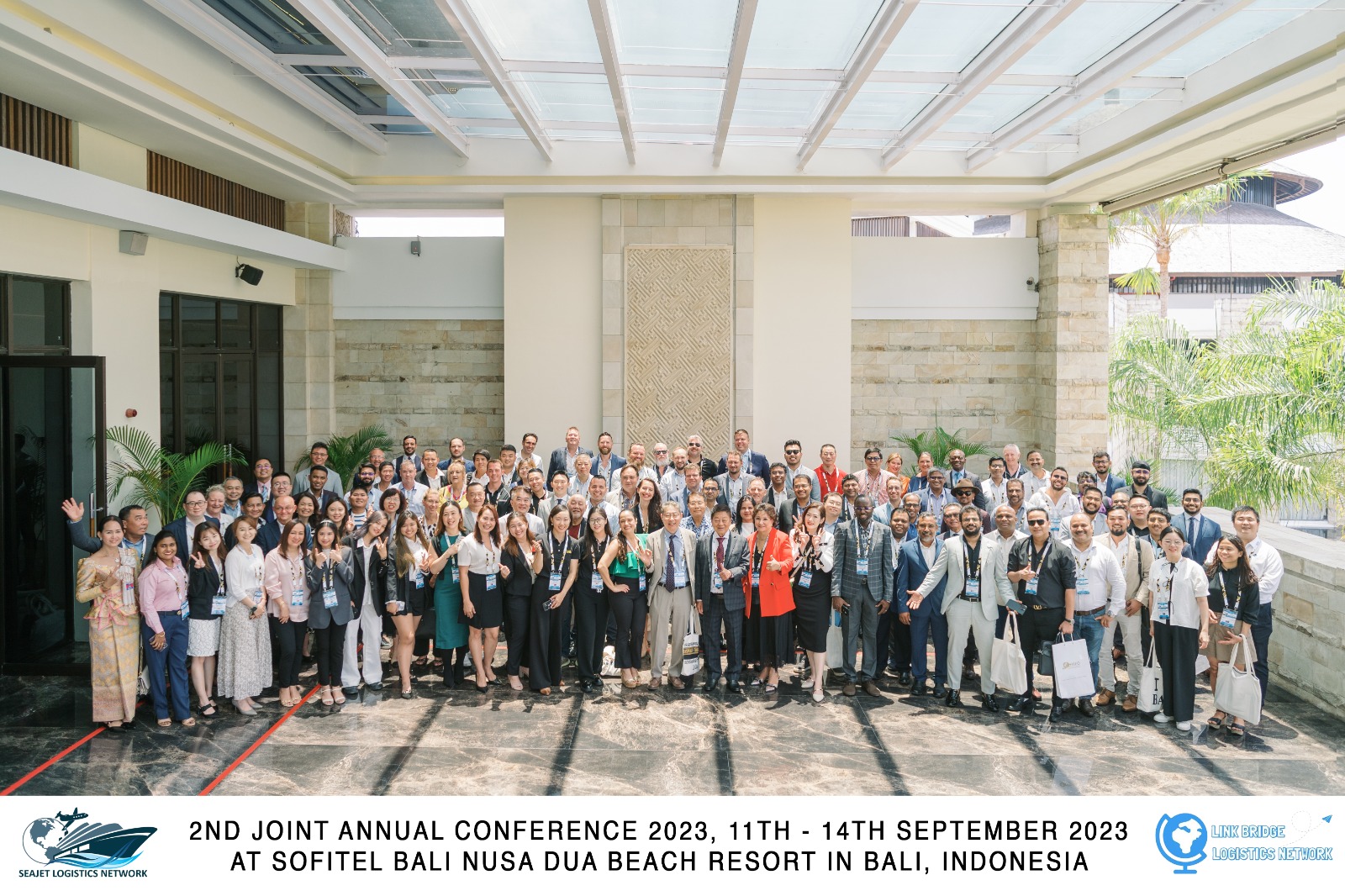Why Malaysia is the best transit trade choice in Southeast Asia ?
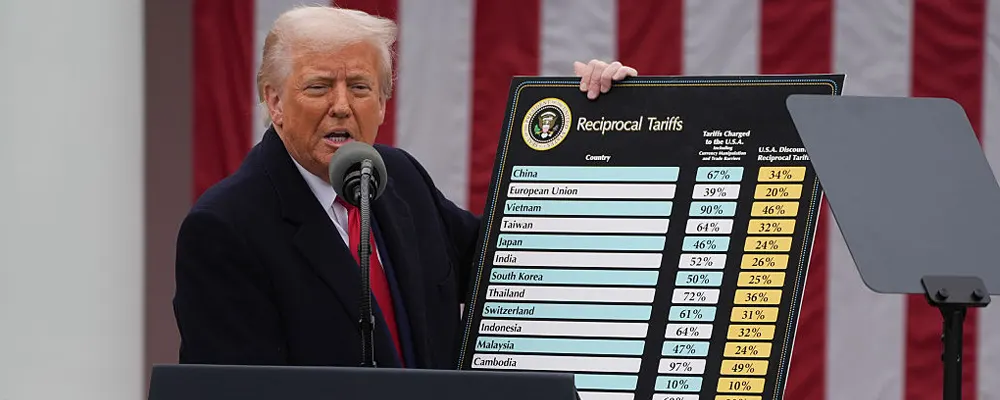
Global Trade Challenge: US Tariffs and Others
These measures have led to:
- Rising costs: Higher tariffs erode importers’ profit margins, significantly reducing profits while retail prices cannot rise too quickly.
- Compliance burden: Dealing with complex customs regulations requires professional knowledge. The new round of tariff policies is more stringent and complex.
- Supply chain risk: Policy uncertainty disrupts product supply planning and logistics, and importers are hesitant to provide manufacturers with new production contracts as originally planned.
Why Malaysia has become a transit trade center ?
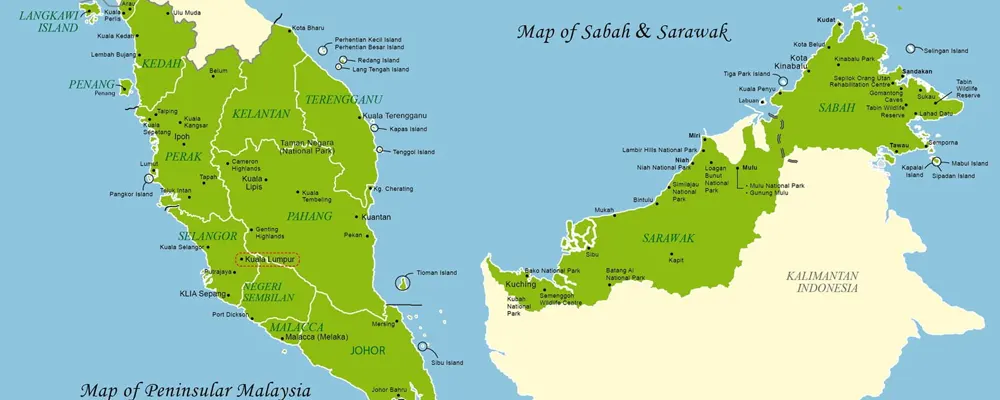
Malaysia’s unique geographical, economic, and regulatory advantages make it the preferred destination for Southeast Asian transit. The reasons are as follows:
- Strategic Geographic Location: Malaysia is located in the center of Southeast Asia along the coast of the Strait of Malacca, serving as a gateway to global shipping routes. It is close to major markets such as China, India, and the United States, ensuring efficient transportation time, making it an ideal choice for time sensitive goods.
- World class port infrastructure: Malaysia has some of the busiest and most advanced ports in the region, including Port Klang and Port Penang. These facilities provide: large capacity container loading and unloading, modern warehousing and bonded warehousing, as well as seamless connectivity with air, sea, and land transportation networks.
- Preferential Trade Agreements: Malaysia participates in Free Trade Agreements (FTAs) such as the Regional Comprehensive Economic Partnership (RCEP) and bilateral agreements with the United States, which qualify Malaysian processed goods for lower or zero tariffs. For companies facing high US tariffs, this is a game changing factor.
- Regulatory expertise and compliance: Malaysian customs authorities are proficient in transit regulations to ensure smooth processing and accurate recording. This minimizes the risk of delays or penalties at destination ports such as the United States.
- Economically efficient operation: Compared to other regional centers such as Singapore or Hong Kong, Malaysia offers competitive labor, warehousing, and logistics costs. This affordability saves a lot of money for enterprises engaged in transit trade.
- Providing value-added services: Malaysia’s transit ecosystem supports minimal processing activities such as repackaging, re labeling, or assembly, which can make goods conform to Malaysia’s origin status and further reduce tariffs under trade agreements.
Our freight forwarding company located in Malaysia utilizes these advantages to provide customized forwarding solutions, helping customers easily cope with the complexity of global trade.
How does Malaysia's transit trade operate?
The transit trade process is simple and efficient. The following is a gradual decomposition process:
- Shipping to Malaysia: The goods are transported from the exporting country (such as China) to the port of Malaysia. Our team coordinates logistics to ensure timely and safe delivery.
- Processing and handling: At facilities such as Port Klang, goods need to be stored in bonded warehouses to avoid import tariffs. Then we will repackage or re label the goods to meet the requirements of the destination market. The purpose of this processing is to obtain Malaysian origin status for this batch of goods.
- Document preparation: We prepare all customs clearance documents, including certificates of origin, bills of lading, and customs declarations, to ensure compliance with US and international trade laws.
- Re export of goods: The goods are transported to the final destination (such as the United States) according to the relevant provisions in the initial contract, and are eligible for lower tariffs or exemptions because they have been transformed into Malaysia’s origin information.
- Customs clearance: Our expertise ensures smooth customs clearance at the destination port in the United States, minimizing delays and risks to the greatest extent possible. This process enables companies to avoid high tariffs and anti-dumping duties while maintaining supply chain efficiency.
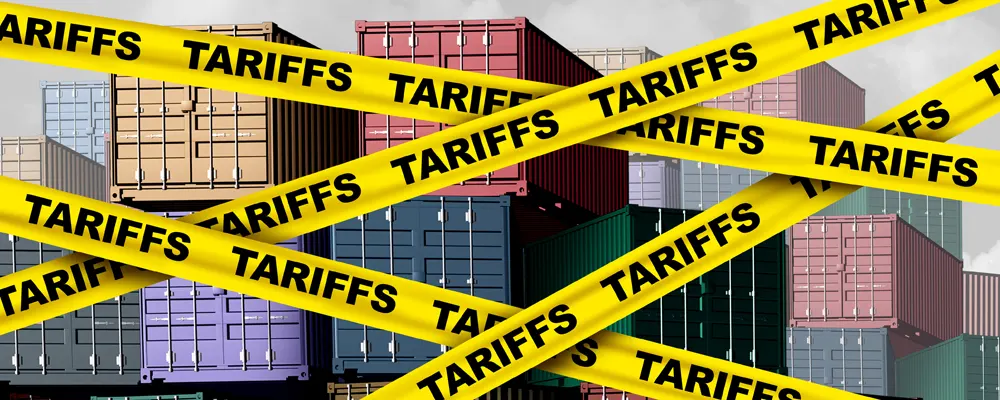
Comparison between Malaysia and other Southeast Asian centers
- Cost advantage: Malaysia’s operating costs are lower than Singapore’s, making it a more affordable choice without sacrificing quality.
- Port efficiency: Port Klang processes over 13 million TEUs annually, ranking first among Southeast Asian ports with shorter waiting times.
- Scope of Trade Agreement Coverage: Compared to Thailand or Vietnam, Malaysia’s extensive free trade agreement provides broader tariff reductions.
- Simple regulation: Compared with Vietnam’s constantly developing regulatory framework, Malaysia’s simplified customs procedures have reduced the compliance burden.
These factors make Malaysia the best choice for businesses seeking reliable and cost-effective transit hubs.
Why cooperate with us?
- Comprehensive solution: We manage every step of the transportation process from origin to destination.
- Regulatory expertise: Our team is constantly aware of US tariff policies and global trade laws, ensuring compliance and minimizing risks.
- Cost optimization: We design strategies to maximize tariff savings while maintaining low logistics costs.
- Trustworthy Network: Our cooperative relationships with Malaysian ports, customs authorities, and shipping companies ensure efficiency and safety.
- Verified results: We have saved millions of dollars in tariffs for our customers and earned the trust of various industries.
By choosing us, you will receive a partner dedicated to turning trade challenges into opportunities.
In an era of rising tariffs and increased trade uncertainty, Malaysia’s transit trade capacity has provided a lifeline for global businesses. Its strategic location, advanced infrastructure, and favorable trade policies make it the best transit hub in Southeast Asia. By collaborating with our freight forwarding team located in Malaysia, you can avoid high tariffs in the United States, reduce anti-dumping duties, and optimize your supply chain for success.
Are you ready to unleash the benefits of transit trade? Contact us immediately to learn how Malaysia is changing your global trade strategy. Let’s explore the future of trade together.
You may also be interested in
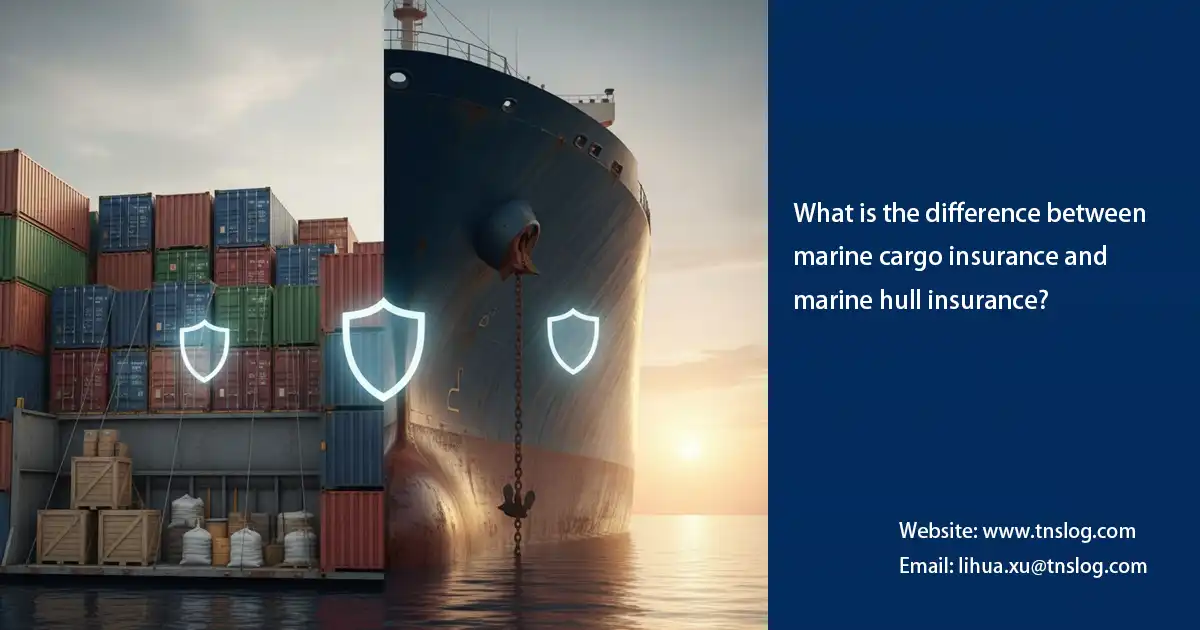
What is the difference between marine cargo insurance and marine hull insurance?
What is the difference between marine cargo insurance and marine hull insurance? Do you know the difference between marine cargo insurance and marine hull insurance?

Top Challenges in Ocean Freight and How to Overcome Them
Top Challenges in Ocean Freight and How to Overcome Them When it comes to ocean freight, it’s not all smooth sailing. This mode of transport
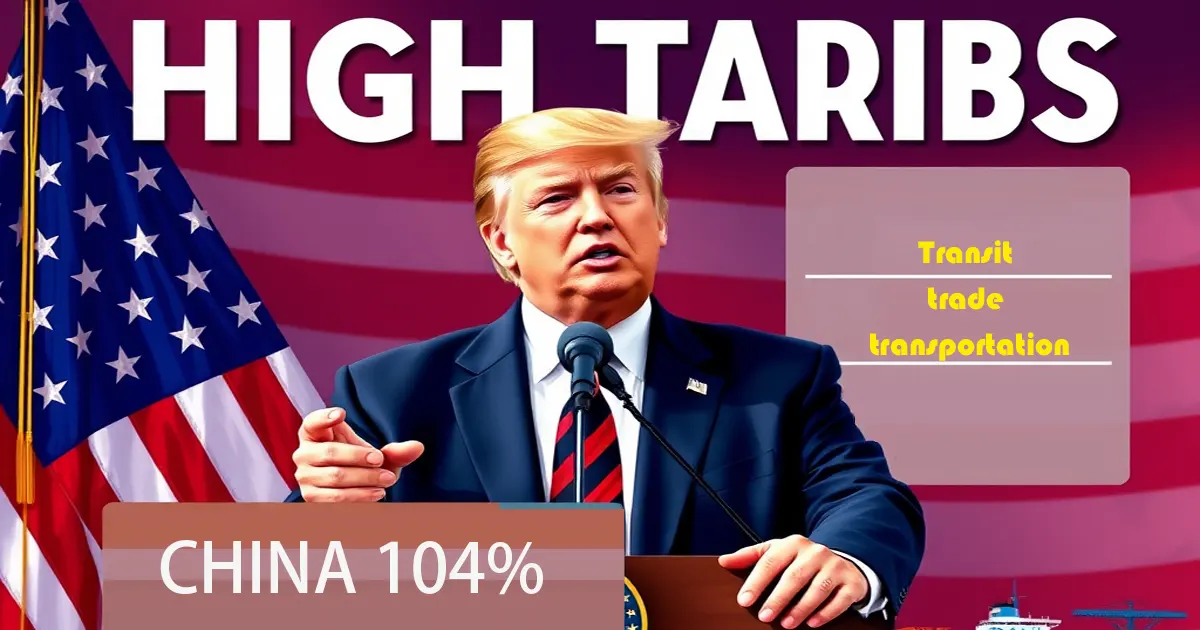
Your Solution to the US’s 104% Tariffs on Chinese Imports
Transit Trade Through Malaysia: Your Solution to the U.S.’s 104% Tariffs on Chinese Imports As of April 9, 2025, the United States has imposed a
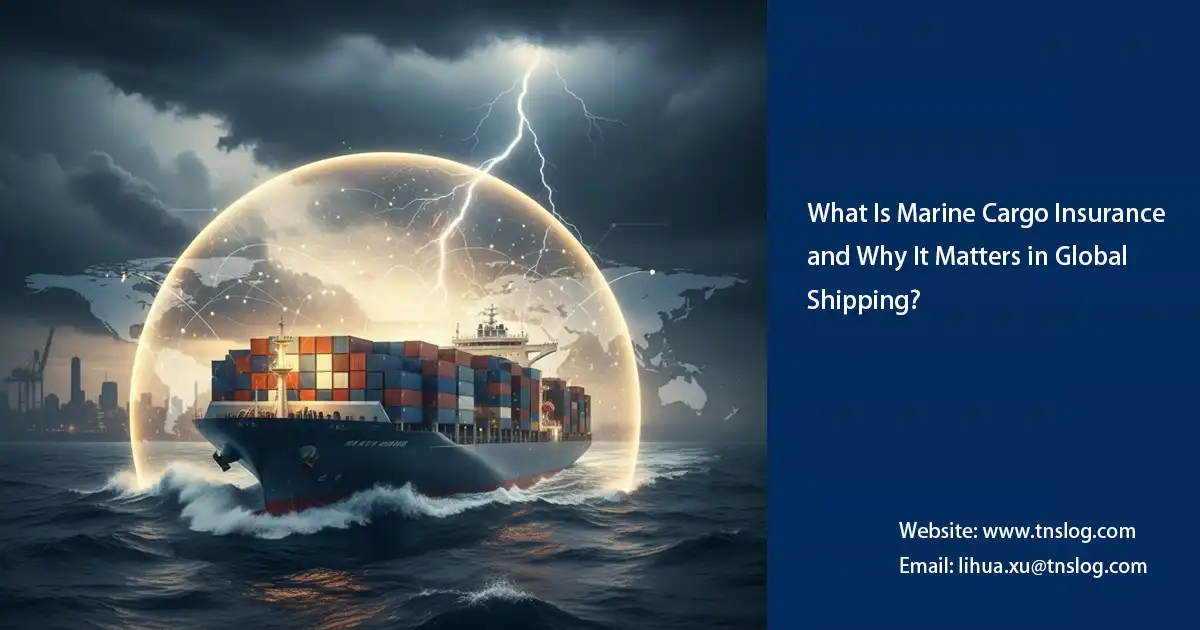
What Is Marine Cargo Insurance and Why It Matters in Global Shipping?
What Is Marine Cargo Insurance and Why It Matters in Global Shipping? Have you ever wondered what would happen if your cargo was lost, damaged,



